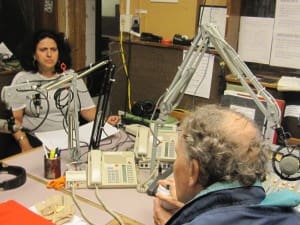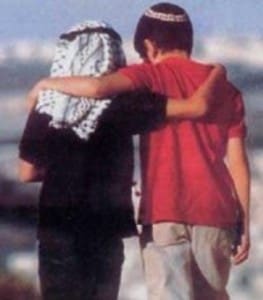Back when I was volunteering with Dalia Association doing aid reform advocacy, we made this short film (about 4 minutes) so that you can hear for yourself how “aid” can hurt — directly from the Palestinians most affected.
I’d love to hear your views about the film and the issues it raises and, most importantly, what do we do now that dependence on a hegemonic aid system is undermining Palestinians’ rights to self-determination in development?




